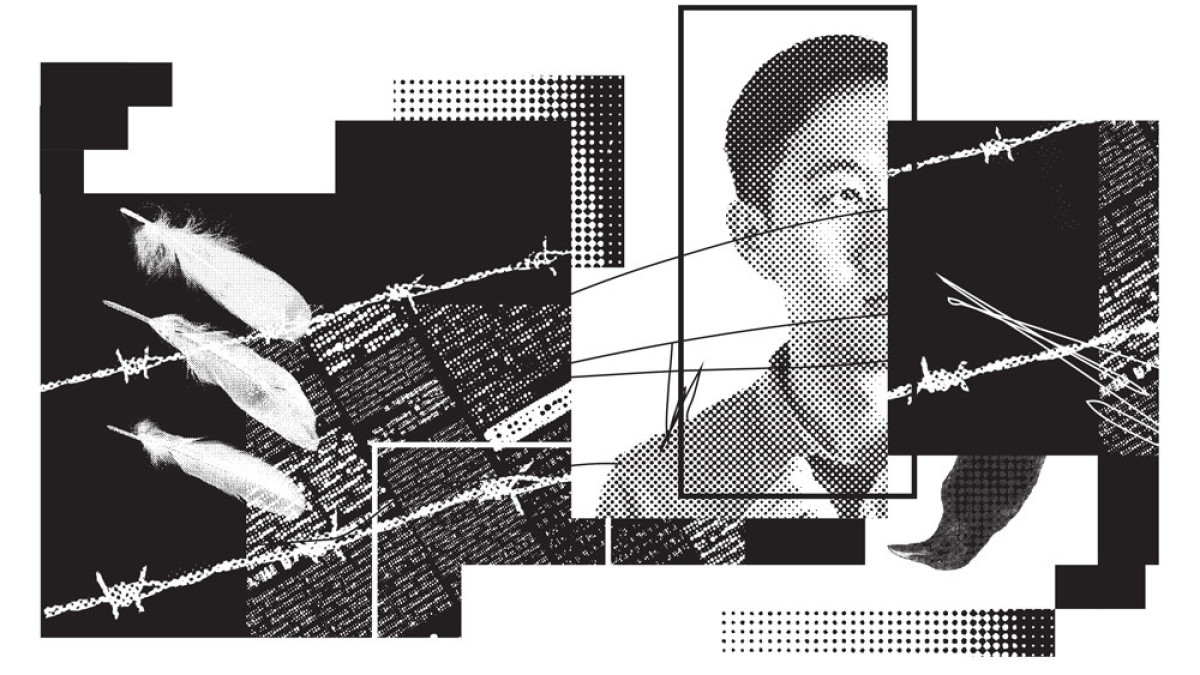
Race and the Gospel, Part 2
How refusing to acknowledge our racialized history contributes to our current state of affairs.
Part of moving forward in our relationships with each other means first looking back and remembering.
In this five-part video/blog series, we will consider the reality of racism and what it means for us as the Church. Last week we looked at how our churches are divided along racial lines. This second blog post will examine how refusing to acknowledge our racialized history contributes to our current state of affairs.
Blindspots: Not Acknowledging the Past
When we remember, we begin the process of ensuring our future will not be made up of sins in our past.
We all have stories. This is true both individually and collectively. Who we are cannot be separated from the stories that have formed us. When we consider the state of division along racial lines in our country and in our churches, we cannot write off the ways our past has shaped our present.
Consider the removal of Native Americans from their land, slavery, Reconstruction, Jim Crow, Japanese internment and mistreatment of migrant farm workers. Each has had a profound effect on our current state of affairs.
The reality of our past is not meant to be used as an indictment against any one person or group of people, but these things cannot be ignored if we would forge a path forward.
One of the effects of racism is that it has caused us to both forget and misremember—meaning that we either forget our own history or remember it incorrectly. This happens when we do not give everyone an opportunity to tell the story from their perspective.
Our school history books are not unbiased. Often, what are told as the facts of history come from a particular perspective and communicate a particular narrative. For example, our history books would look quite different if they were written from the Native American perspective. This is important because when we neglect to hear the stories of others, we often create our own narratives about a person or group of people.
As an example of how the past shapes the present, consider the state of our cities. We cannot talk about the existence of inner-city ghettos that are largely African American without talking about redlining. Redlining is the practice of denying key services (like home loans and insurance) or increasing their costs for residents in a defined geographical area.
This practice began with the Federal Housing Act of 1934. The agencies birthed out of this Act generated something called “residential security maps,” which were used to determine the safety of real-estate investments in certain geographic areas. Existing black neighborhoods were marked as unsafe, thus being made ineligible for financing. With no cash available, it was nearly impossible to afford a home or business in your area.
This practice was not outlawed until 1977. The effects of such a practice continue to shape the African-American community at large.
God often exhorted the children of Israel to remember their past. When Joshua called together the tribes of Israel at the end of his life (Joshua 24), he recounted to them their long history as a people, and God’s faithful activity in and among them. The practice of remembrance was to acknowledge God’s activity as well as remind them of the ways they had historically fallen into patterns of disobedience.
When we engage in the practice of remembrance, we begin the process of ensuring that our future will not be made up of the sins that defined our past. Not acknowledging the past keeps us from truly being united with one another.
As we seek the unity that should characterize the body of Christ, let us do the hard work of remembering our past, and listening to how it is told from other perspectives.
Discuss this post with others on your leadership team or in your small group, and ask:
1. What things make it difficult to hear from another’s perspective?2. How can God’s call to the people of Israel to “remember” help us in the fight against racial injustice?
Read Part 3: “Blindspots: Normative Thinking”
Send a Response
Share your thoughts with the author.